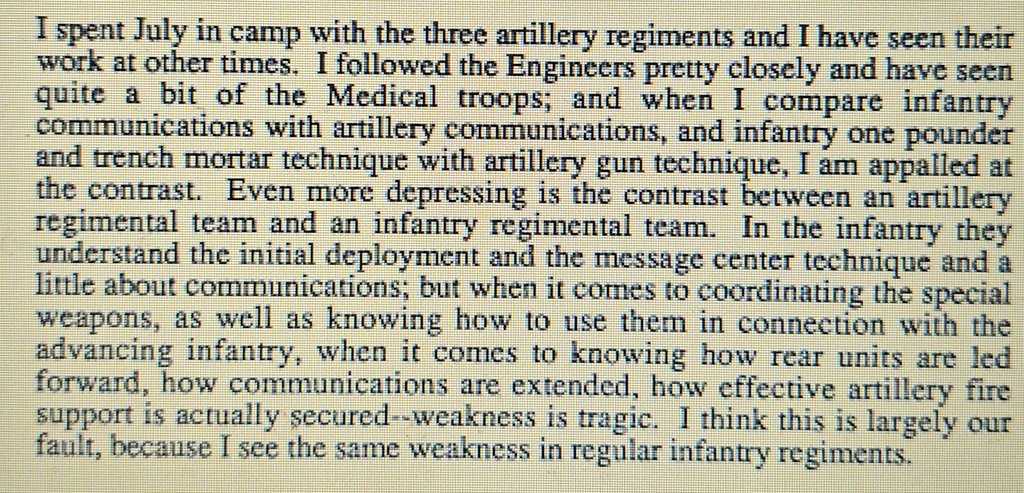
So, I'm reading this military history book, and no, I won't tell you the name of it or the author because that wouldn't be polite, but as I'm reading I realize...this person's just drawn from like 3-4 primary sources and everything else is secondary. The endnotes are mainly ibid
Me being a nerd, I actually use footnotes and endnotes. There's sometimes hidden gems in there, including notes from the author that crack you up. But not here. So I keep reading, and keep coming across error after error, mostly contextual bc they haven't studied primary sources
I flip to the back and see this person has multiple books and refers to themself as a historian. About that.
See, being a historian isn't going "hey, I found this old stuff, it tells the full story, now buy my book! "
See, being a historian isn't going "hey, I found this old stuff, it tells the full story, now buy my book! "
Being a historian is going, "hey, I found this old stuff, which I've compared to other old stuff that we've found, and compared/contrasted all this stuff to form a basic understanding of what we think this old stuff was, fully aware that we might not have all the stuff"
It's about looking at context and forming the best understanding that one can have, to say, "this is probably what happened" while also being open to new evidence that could be found, or new interpretations. Slapping together secondary sources and a few quotes ain't it
Anyways, I'm ticked off. Mainly because it was a great topic that deserved better. And the writing deserved better research. But if your foundation is flawed, the building is going to be askew. Thus endeth the rant
I'm gonna go read some more primary sources as a palate cleanser
I'm gonna go read some more primary sources as a palate cleanser
Also, to be clear: I don't care what you call yourself, a historian or not - it's the sin of ommission here that is the issue. I don't think you need to be degreed to be a historian or even in the field to write good historical works.
You absolutely have to have a hunger for answers, for finding as many disparate sources as possible. And you should want to! There's a weird high you get when you're on the trail of new primary sources. It's one of the great joys in life. Don't deprive yourself of it
• • •
Missing some Tweet in this thread? You can try to
force a refresh






